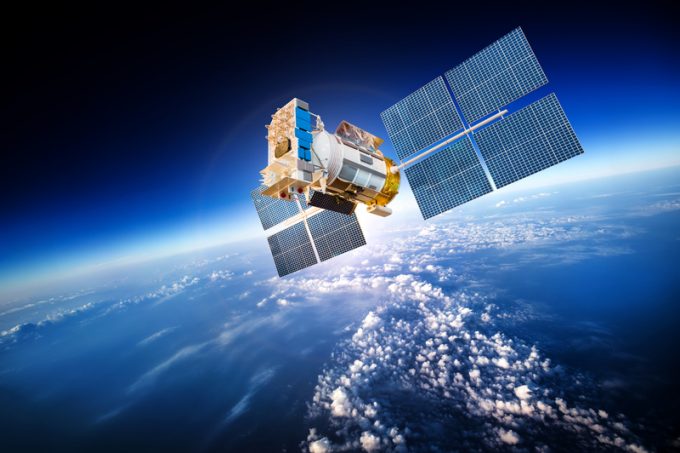Box tracking takes off – but who owns the data?
Last year, Hapag-Lloyd partnered with Orbcomm and Nexxiot to equip its dry containers with tracking ...

Every cargo ship now has to have an automatic identification system (AIS), which allow it to be recognised by land-based receivers and the Internet of Things. AIS was originally developed as a collision avoidance system for vessels, but is increasingly being harnessed for tracking vessel movements, especially as it has become possible to use satellites to receive AIS transmissions. And with the development of the Internet of Things and machine-to-machine interfacing, the potential value that could be unlocked in global supply ...
Outlook for container shipping 'more uncertain now than at the onset of Covid'
Teamsters union vows UPS will be 'in for a hell of a fight' over jobs cull
Shippers warned: don't under-value US exports to avoid tariffs – 'CBP will catch you'
Cancelled voyages take the sting out of spot rate declines this week
New Houthi warning to shipping as rebel group targets specific companies
K+N CEO unveils impact of US import tariffs on China-origin goods
Blanked sailings in response to falling demand 'just a stop-gap solution'
More pressure on transpacific rates as carriers bet on a China-US trade deal
CMA CGM to reflag box ship as the French carrier eyes growing Indian market
Boeing looks to resell up to 50 aircraft rejected by Chinese buyers
'Strong start' to 2025, despite market uncertainty, says Kuehne + Nagel
US Customs chaos means 'more downside risk than upside potential' for air cargo
Taiwan ministries act to mitigate effect of trade war on agriculture exports
Wan Hai joins box shipping 'arms race', but avoids Chinese yards for newbuilds
MOL signs up with Climeworks for direct air carbon capture and storage


Comment on this article